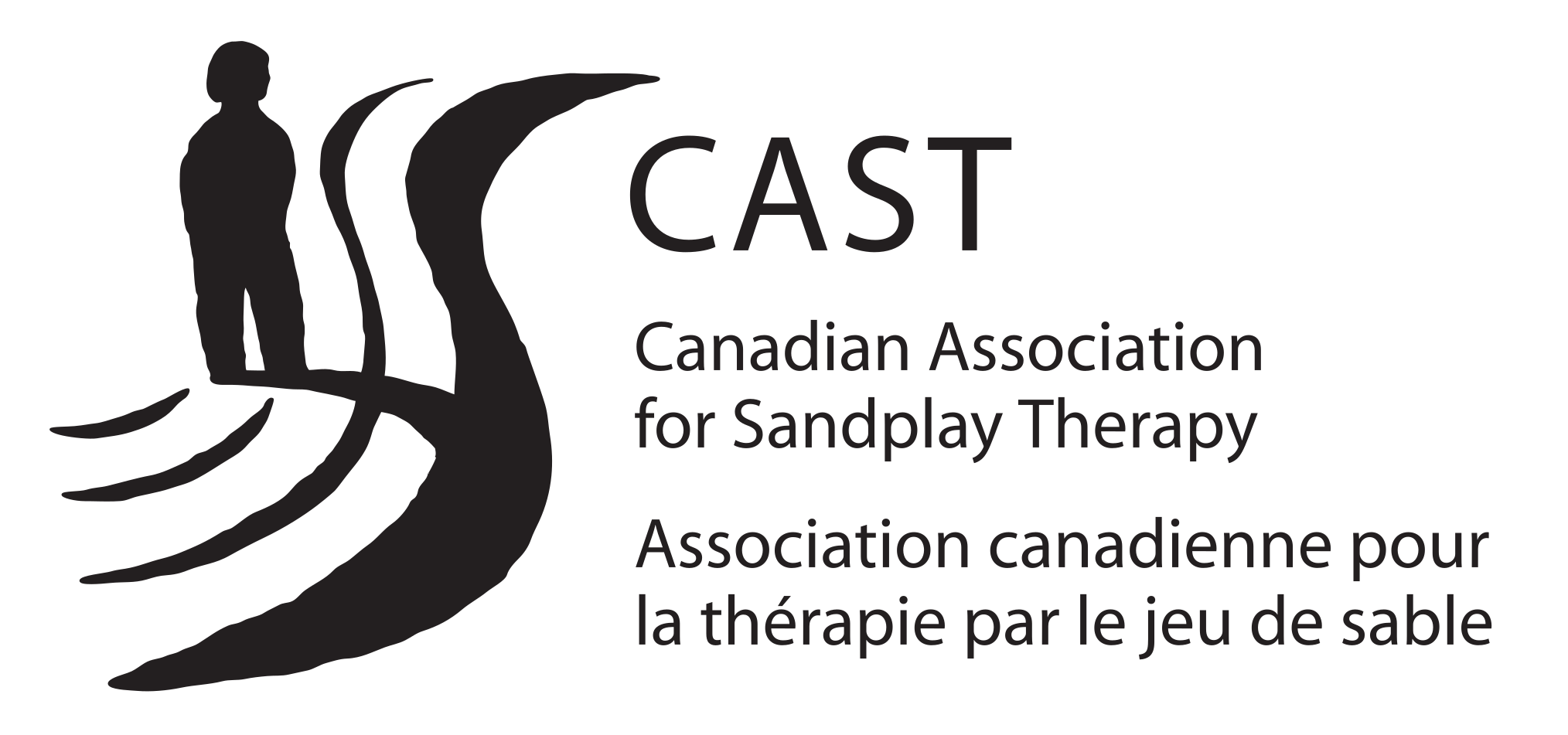FAQs

Being licensed or registered to practice psychotherapy is provincially regulated in Canada. Independent professionals must meet the standards of the regulatory body in their province of residence to attain this status.
Certification in Sandplay Therapy is an achievement granted by the International Society of Sandplay Therapy and CAST, to professionals who are already licensed or registered to practice psychotherapy.
Sandplay Practitioner status in Canada is a different title granted solely by CAST, which can include professionals who are unlicensed or non-registered.
Sandplay training is modality-specific continuing education and does not by itself provide the qualifications to practice psychotherapy. If you are not licensed or registered to provide private practice psychotherapy in your province, you can only offer sandplay in an employment setting.
The CST stream is the training program for licensed or registered professionals to become CAST/ISST Certified Sandplay Therapists. The SP stream is open to both licensed/registered professionals and those who are unlicensed/not-registered and who use sandplay in their employment setting. The achievement of the different statuses have different requirements and privileges. See our Two Training Streams page for more information.
It depends on your professional status. If you are a licensed or registered professional, the answer is yes. You need to complete the outstanding requirements for certification listed on the Two Training Streams. The training and supervision hours you already earned will be reviewed and recognized.
If you are not a licensed or registered professional you cannot become certified unless your professional status changes and you become licensed or registered. In that case, you can become certified, and the response above will apply to you.
What it means is that you become a member of both ISST and CAST, with opportunities for participation in the national and international sandplay communities. Certified Sandplay Therapists can practice sandplay in an independent practice, qualify to offer personal process to training candidates, and also become eligible for teaching member status.
The International Society for Sandplay Therapy in Switzerland was founded by Dora Kalff in 1985 to train Sandplay Therapists and promote Sandplay internationally. CAST is a member society of ISST, along with member societies from other countries.
Training modules are scheduled by the faculty who are teaching them, and you can see their time frames on the Upcoming Training page. Usually, the modules can be completed in 1-2 years.
Other requirements can be completed at your own pace, some even while attending the training modules. Your ability to establish your own sandplay practice is a factor, as it is required before you can start case supervision. The components that you work on independently allow you to fit the training program around your existing commitments. The completion of these additional requirements takes a minimum of 1 year for most SP candidates, and 2 or more years for most CST candidates.
Only ISSAT/CAST Certified Sandplay Therapists can become qualified to provide personal process to training candidates.
You can use the Find A Therapist tool to find our Certified Sandplay Therapists who are offering personal process. If there is no therapist in your area please contact us to discuss potential opportunities.
Case supervision is offered by our Teaching Members. See our Faculty page for information about our supervisors and how to contact them. You can complete your case consultation in individual or group format, and some of it may be done remotely.
Training interns (Level II onward), Sandplay Practitioners and Certified Sandplay Therapists are all required to remain members of CAST in good standing. See the Purchase or Renew Your Membership page for current dues.
Certified members are also required to maintain their membership in ISST, whose fees are converted to Canadian dollars and collected annually by the CAST Treasurer. As such, the amount varies according to currency exchange rates. Contact us to find out more.

